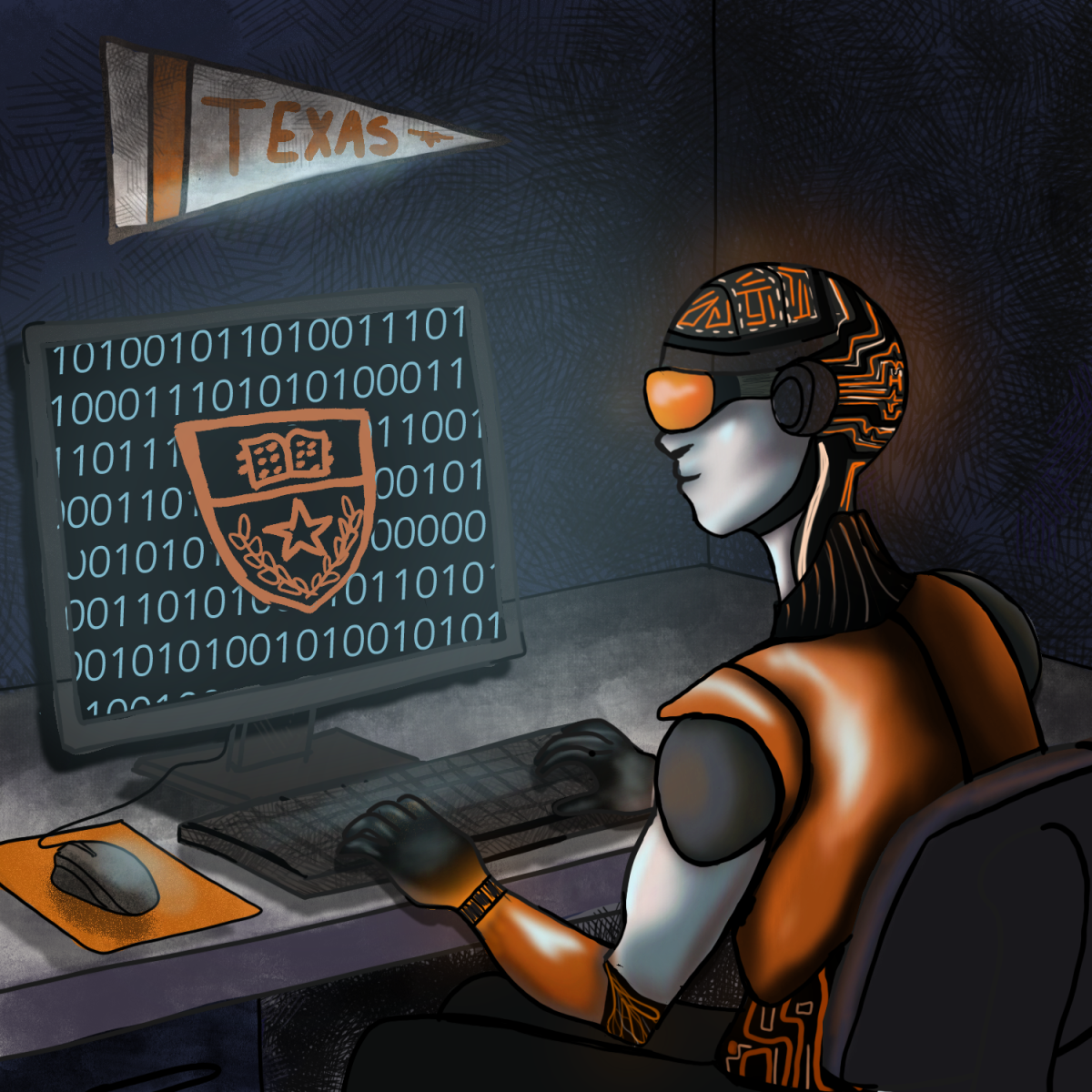“ATTENTION: AN EMERGENCY SITUATION HAS BEEN DETECTED. PLEASE EVACUATE THE BUILDING.”
After almost three semesters at UT, I know I should no longer be panicked by the alerts. A couple of words should not overwhelm me with such anxiety that I struggle to breathe. However, no matter how many times I hear it, the vagueness of the message always makes me fear for the worst. As a student who has grown up in the midst of a national school shooting epidemic, ‘“emergency situation” carries a lot of weight. I’m tired of not knowing how scared for my life I need to be during a crisis.
To prevent triggering students, UT should utilize their audible messaging system to send more specific alerts during emergency situations.
The emergency alarm system at UT is managed by the Office of Emergency Preparedness. According to the director of the department Jonathan Robb, the audible messaging alerts are connected to the fire alarm communication network. From their dispatch center, the office can send alerts along the fire alarm system in the buildings.
While the alerts can be the usual vague prerecorded message, this system also allows for individualized audible messaging. Dispatchers could instead alert the UT community to exactly what is happening during an emergency event. Despite this, customized alerts are only sent out on rare occasions.
“Mostly what we try to do is kind of generalize,” Robb said. “We want you to focus on what you’re supposed to do so you can take action … not specifically on what’s happening.”
However, the vagueness of the alerts is exactly what stops me from knowing how to take action. I have a hard time focusing on what I’m supposed to do when I have no details about the emergency.
English senior Bee Whitehead agreed that the vagueness of the voice alarm system does more harm than good. Last week, Whitehead was in the Union when she had to evacuate after a fire alarm was pulled.
“My first thoughts were, ‘Oh, wasn’t there somebody that just threatened to shoot the school?” Whitehead said. “‘What if it’s him? Oh, what if it was something else? What if it’s a bomb threat?’ It sounded like something much worse than a fire alarm. If I had known it was a fire alarm, I could have been like, ‘OK, I don’t see a fire near me. There’s the exit right there. I can just calmly walk out.’ Whereas if it was something else, I could have known if I needed to hide or something.”
Whitehead’s fears are not unfounded. In 2016, a study done by Citizens Crime Commission of New York City found that there was a 153 percent increase in shooting incidents from 2001-2002 to 2005-2006 compared to 2011-2012 to 2015-2016. Additionally, they found that over half of college campus shootings occur in the South. Seeing that UT once held the record for the deadliest mass shooting in the country, students are justified in their fear.
The Office of Emergency Preparedness should use their audible messaging resources to help students during situations that could otherwise trigger panicked emotions. By specifying the emergency, UT can aid in the creation of a more safe and secure environment.
Lopez is a rhetoric and writing sophomore from Nederland, Texas.





















